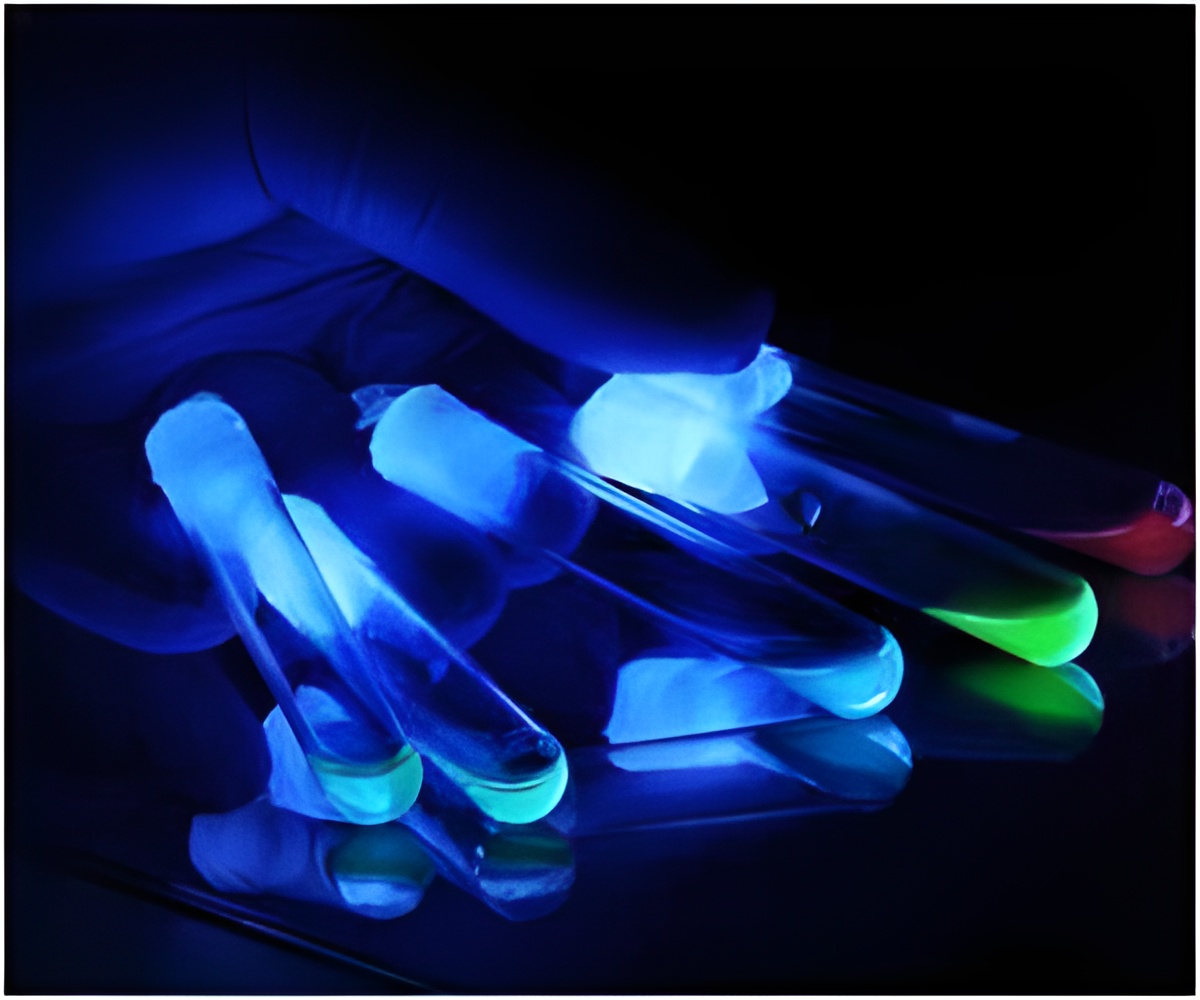According to a study, oxidative stress turns a protein that normally protects healthy cells into their executioner.

Researchers have long known that oxidative stress damages cells and results in neurodegeneration, inflammation and aging. It was commonly believed that oxidation made a "crude," demolition-like attack on cells, causing them to crumble like a building in an earthquake, Estevez said. However, the latest findings show that oxidation results in a much more targeted attack to specific parts of the cell. Oxidative stress damages a specific "chaperone" cell protein called Hsp90. It plays a role in up to 200 different cell functions. But when a form of oxidative stress called tyrosine nitration modifies that protein, it turns into the cell "executioner" shutting it down.
"The concept that a protein that is normally protective and indispensable for cell survival and growth can turn into a killing machine, and just because of one specific oxidative modification, is amazing," said Maria C. Franco, a postdoctoral associate at UCF's Burnett School of Biomedical Sciences. She co-wrote the study. "Considering that this modified protein is present in a vast number of pathologies, it gives us hopes on finding new therapeutics approaches for several different diseases."
For example, researchers could devise a drug that stroke patients could take at the onset of their symptoms to prevent more healthy cells from dying, thus limiting the damage of the stroke. Because oxidation is linked to inflammation, researchers believe tyrosine nitration could also be related to other health problems including heart disease, cancer, aging and chronic pain.
"These are very exciting results and could begin a major shift in medicine," said Joseph Beckman, from Oregon State University Environmental Health Sciences Center, a collaborator on the study. "Preventing this process of tyrosine nitration may protect against a wide range of degenerative diseases."
"Most people think of things like heart disease, cancer, aging, liver disease, even the damage from spinal injury as completely different medical issues," Beckman said. "To the extent they can often be traced back to inflammatory processes that are caused by oxidative attack and cellular damage, they can be more similar than different. It could be possible to develop therapies with value against many seemingly different health problems."
Advertisement















